There’s no doubt that actor Martin Compston has a soft spot for the Granite City.
Speaking in Edinburgh, ahead of upcoming Amazon Prime Video series The Rig’s glitzy red carpet world premiere, he is full of praise for Aberdeen. Clearly, the production’s strong north-east links brought back many childhood memories for the star.
“I had this really glamorous idea of Aberdeen when I was wee, because (my family) would say: ‘Your dad’s away to Aberdeen, and he’ll be on the helicopter’ and all that kind of thing.
“So, I thought it was a sort of magical place. And, it kind of is, when you’re up there,” says Compston. If the fond smile on his face is anything to go by, he really means it.
In his mind’s eye, he pauses outside a familiar house he briefly called home on Great Western Road, while he was part of the Dons’ youth squad, then on to Pittodrie Stadium, where, Compston says, he once kicked a ball around with a Brøndby player
The Danish team were taking on the Dons in the 1996/97 Uefa Cup. “But that was the closest my career ever got to playing in Europe,” he laughs.
The reason for this trip down memory lane is the same as Compston’s dad’s reason for going to Aberdeen and getting on that helicopter all those years ago – an oil rig.
‘There’s a kind of divide on the rig – there’s the people who work inside and run the place, and there’s the people out grafting in the elements.”
Due to be released on January 6, The Rig is a six-episode supernatural TV thriller, set on the fictional Kinloch Bravo in the North Sea. Compston stars as crew member Fulmer Hamilton, who, in real life, may not have been popular with his old man.
“There’s a kind of divide on the rig – there’s the people who work inside and run the place, and there’s the people out grafting in the elements,” the actor explains. “My dad was outside, and I’m one of the inside (people), so I have a feeling he’ll have some words for me when he sees it.”
Real oil and gas workers advised The Rig production
There is friction galore between characters on Kinloch Bravo, even before anything untoward starts happening, and much of it is a result of their unique, extremely confined environment.
“It’s a great setting for a drama – just the tension and the claustrophobia,” says Compston. “If you don’t like someone on that rig, you’re going to see them several times a day.
“You’re out there and you’re stuck together, and I think, with the paranoia when you’re cut off, people can turn on each other pretty quick. It all becomes its own little society.”
Many people watching on Amazon’s Prime Video early next year will be current or former members of one of those oil and gas “societies”. It was especially important to series writer David Macpherson that they saw themselves properly and respectfully represented in The Rig.
Like Compston, Macpherson (who grew up in the Highlands and later lived in Aberdeen) had a father who worked offshore for his entire career. Oil and gas workers appeared as extras during filming, meaning any questions about rig life could be instantly answered.
On top of that, former real-life Offshore Installation Manager (OIM) Derek Anderson acted as an advisor.
“He went through the scripts with me and, you know, in that great oil worker way, there was no bullsh*t,” Macpherson reveals, “He was just like: ‘That’s sh*t, that’s sh*t, wouldn’t do that, wouldn’t do that.’
“And it means that we caught all those things, we were able to correct them, and I hope that we’ve given a pretty authentic picture of life out there.”
A huge, ambitious production for Scotland
All the effort seems to have paid off. Despite a few jokes about health and safety paperwork, The Rig’s teaser trailer seems to have gone down well with offshore workers out in the wild. Still, Macpherson is happy to accept feedback.
“Inevitably with TV, you have to do some things that aren’t the way things would actually go,” the writer concedes.
“If the men and women out there want to say: ‘David, you’ve got that wrong’ – come at me. I don’t mind being pulled up. They know that world better than me.”
For production purposes, that world was moved significantly southwards. Filming took place around Leith in Edinburgh, both in a studio and out on the docks. But, by all accounts, the in-studio oil rig constructed was an impressive, towering tribute to the real thing – and the water drenching actors was authentically ice-cold.
“At first I did keep calling it a ship – it’s not a ship,” admits Emily Hampshire (perhaps best known for her role in comedy Schitt’s Creek) who plays oil company representative Rose Mason. “But, what was amazing was, they used real rig parts to build our set. It was a huge production.”
“The size of it and the scale of it was exciting, in terms of the production values,” Compston agrees. “It was great to be on a job in Scotland that had such ambition.”
‘It’s not meant to be a climate change lecture’
Though limited to the Central Belt, The Rig is the first Amazon Original production to be filmed entirely in Scotland – an undeniable milestone. Both Compston and Macpherson are enthused and animated about the direction of travel for the country’s TV and film industries.
As fossil fuel protests intensify and renewable energy takes centre stage, can the same be said for the future of oil and gas?
The environmental impact of the industry is an integral theme of The Rig, but “it’s not meant to be a lecture,” promises Macpherson.
“Unfortunately, we are in a situation now where climate change is not a future issue; it’s a now issue. It’s already started,” he says, “It’s something that we need to get ready for and take seriously.”
Global warming weighs heavily on the minds of many Scots today. But, so does the potential for devastating job losses, if once bustling oil platforms are decommissioned and their staff let go. The Rig successfully taps into these conflicting fears, highlighting the impossible position many offshore workers are now finding themselves in.
‘I think we’ve got to be very adaptable, and I think we are – we’ve got a lot of talent.”
“I think there’s such an amazing skill set out in the North Sea,” says Macpherson. “I really hope that the people who work out there, if they do have to move on to other industries, that those skills can be kept and transferred.”
“I think we’ve got to be very adaptable, and I think we are – we’ve got a lot of talent,” Compston adds, “I think we’ve got, in our youth, very determined and organised people coming through. So, I think we’ve got a bright future. I hope so, anyway.”
You might also like…
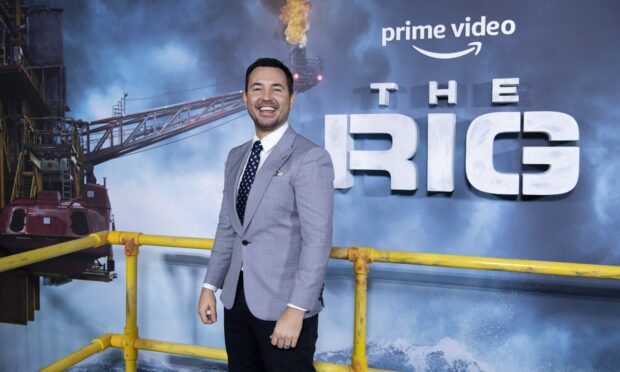
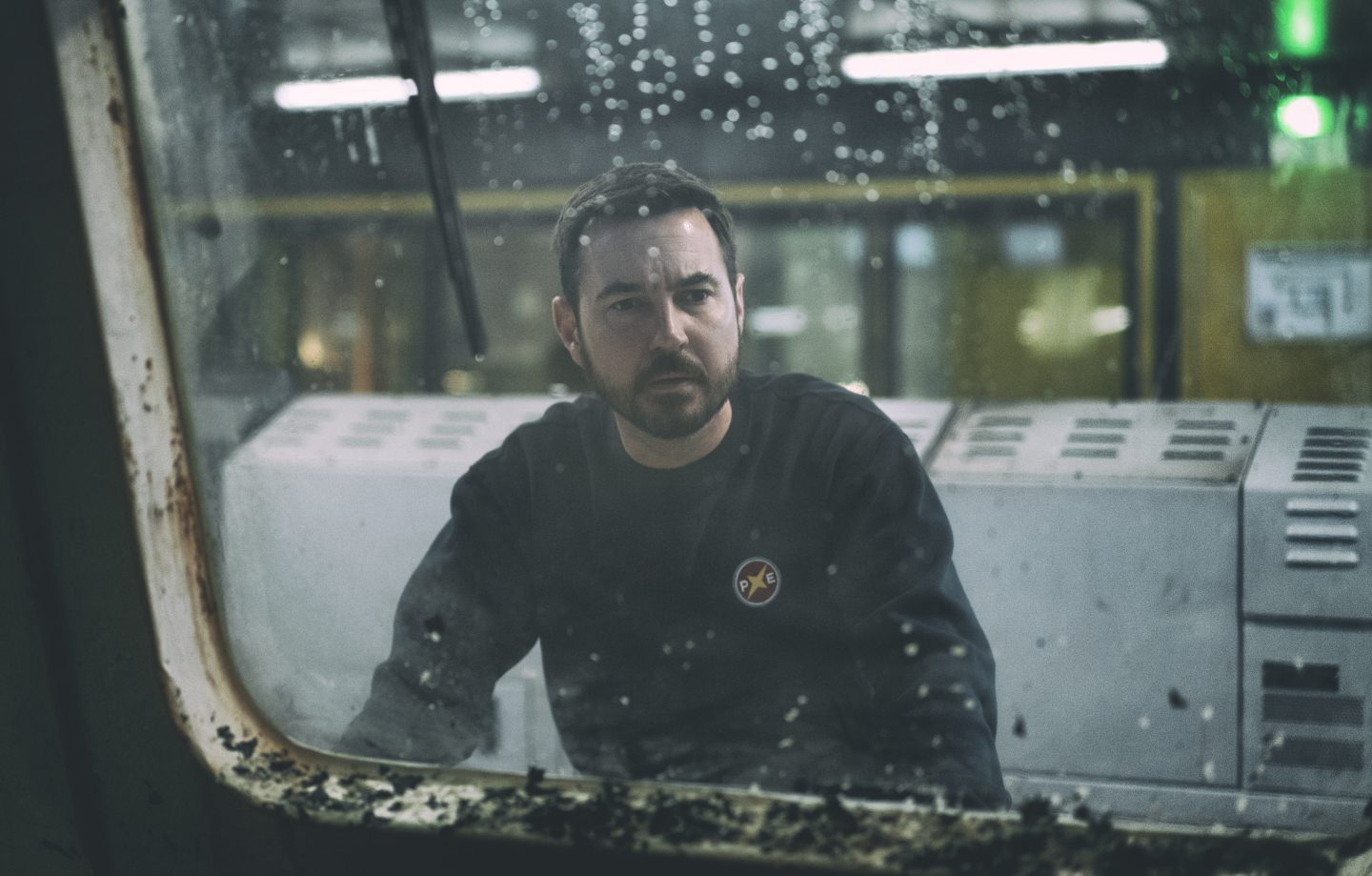
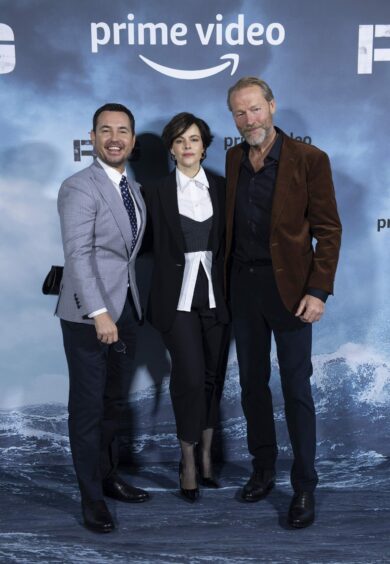
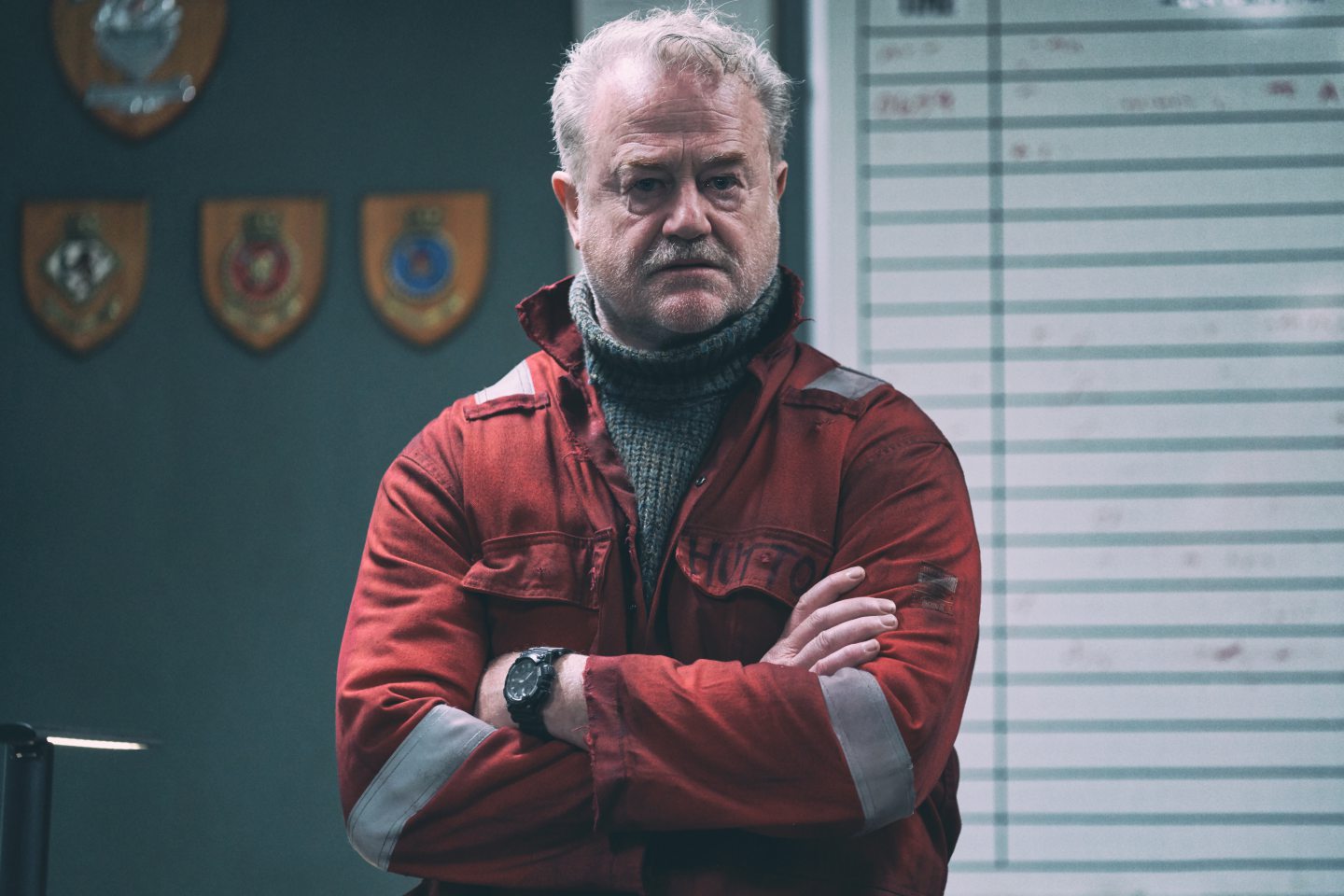
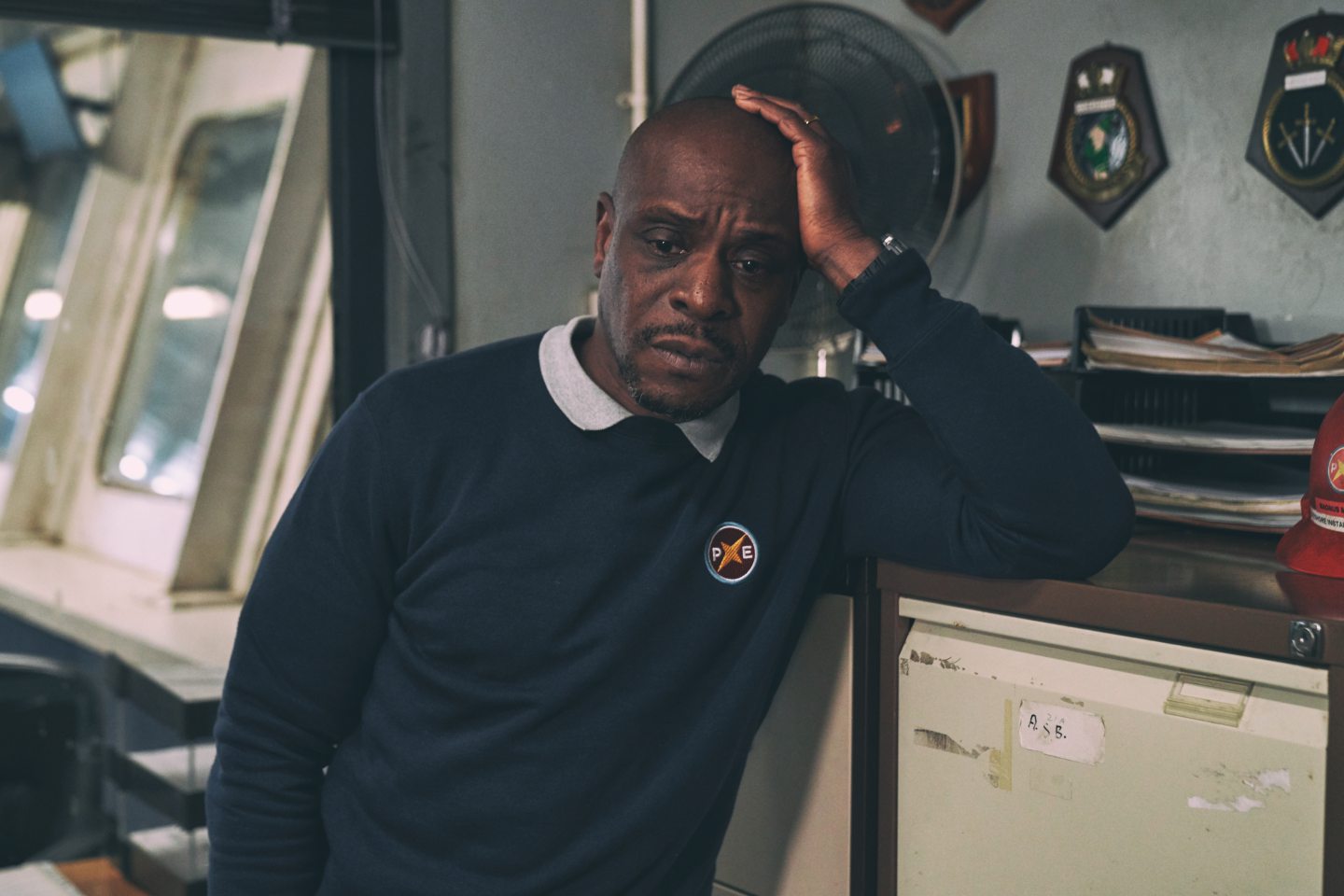
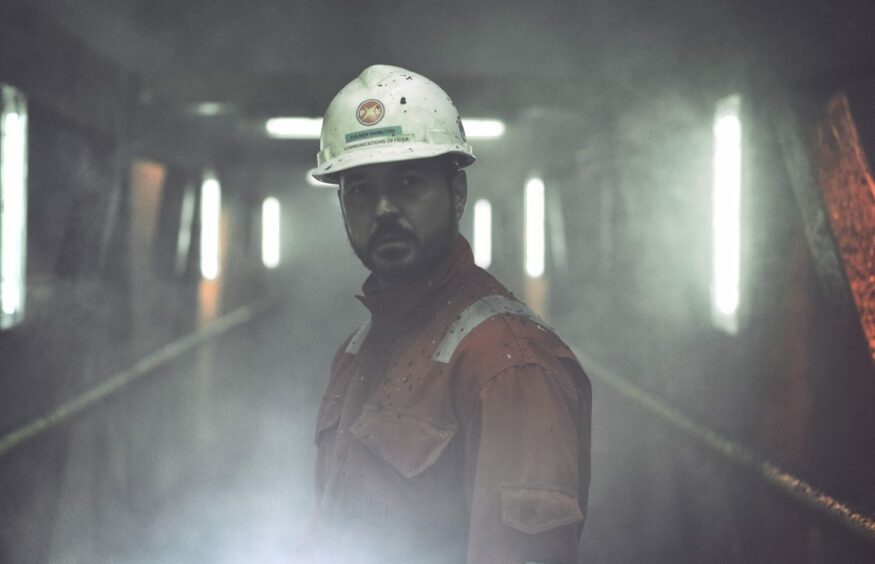
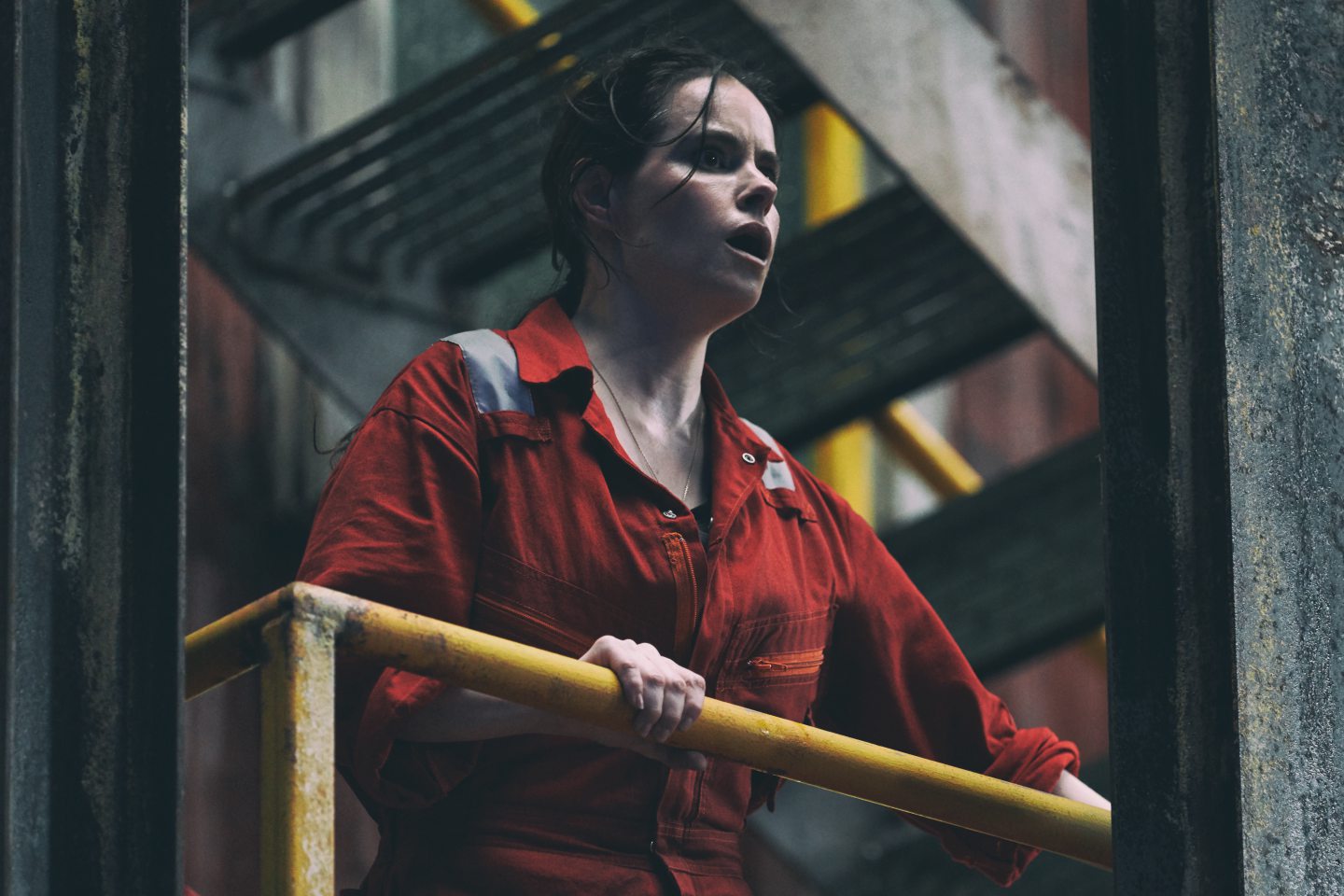
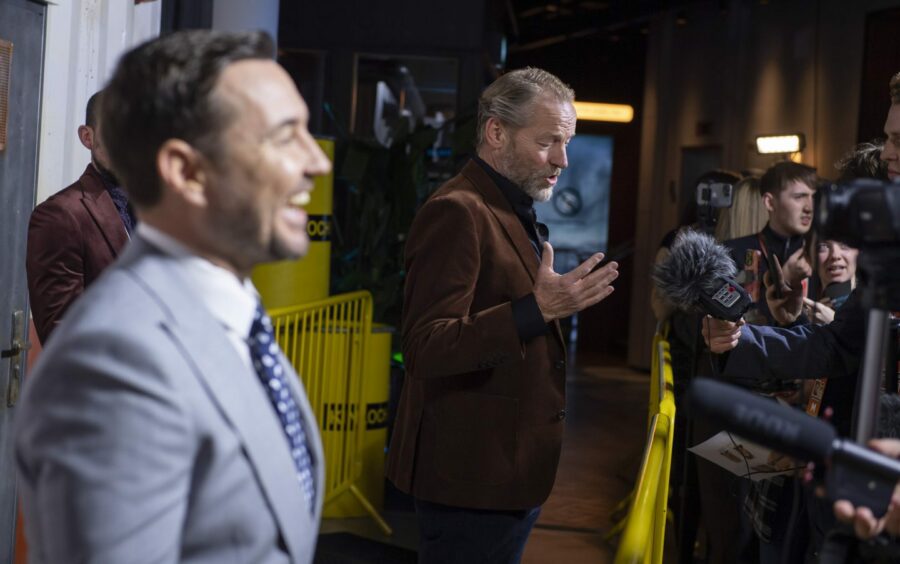
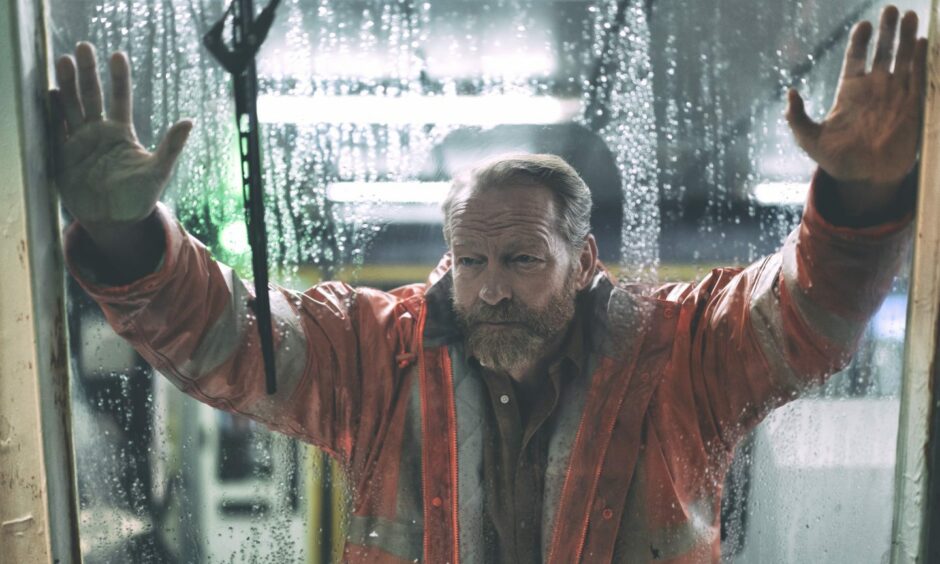
Conversation